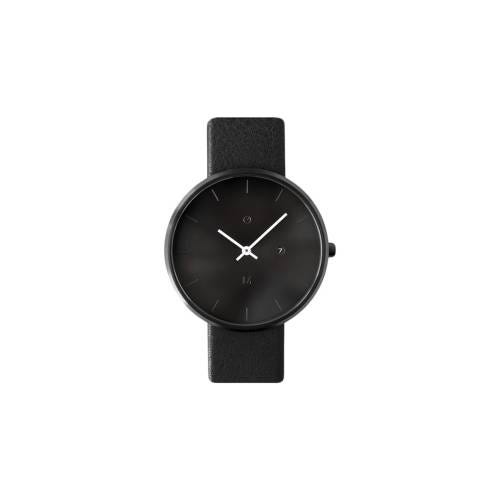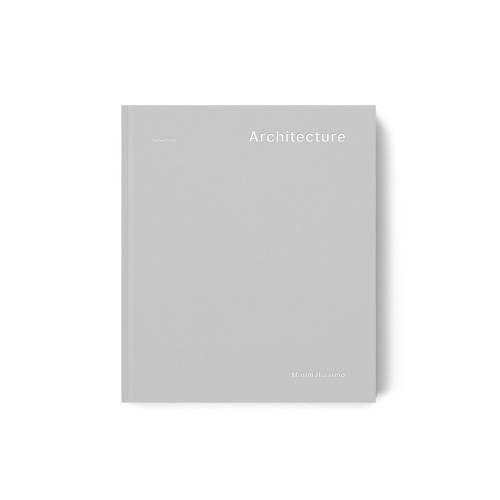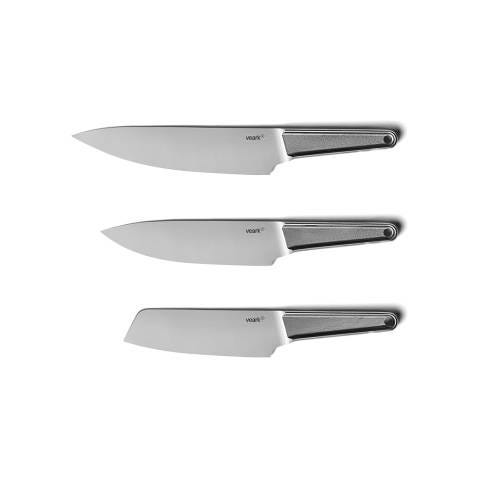“When you're forced to be simple, you're forced to face the real problem. When you can't deliver ornamentation, you have to deliver substance.” – Paul Graham
Write simply
I try to write using ordinary words and simple sentences.
That kind of writing is easier to read, and the easier something is to read, the more deeply readers will engage with it. The less energy they expend on your prose, the more they'll have left for your ideas.
And the further they'll read. Most readers' energy tends to flag part way through an article or essay. If the friction of reading is low enough, more keep going till the end.
There's an Italian dish called saltimbocca, which means "leap into the mouth." My goal when writing might be called saltintesta: the ideas leap into your head and you barely notice the words that got them there.
It's too much to hope that writing could ever be pure ideas. You might not even want it to be. But for most writers, most of the time, that's the goal to aim for. The gap between most writing and pure ideas is not filled with poetry.
Plus it's more considerate to write simply. When you write in a fancy way to impress people, you're making them do extra work just so you can seem cool. It's like trailing a long train behind you that readers have to carry.
And remember, if you're writing in English, that a lot of your readers won't be native English speakers. Their understanding of ideas may be way ahead of their understanding of English. So you can't assume that writing about a difficult topic means you can use difficult words.
Of course, fancy writing doesn't just conceal ideas. It can also conceal the lack of them. That's why some people write that way, to conceal the fact that they have nothing to say. Whereas writing simply keeps you honest. If you say nothing simply, it will be obvious to everyone, including you.
Simple writing also lasts better. People reading your stuff in the future will be in much the same position as people from other countries reading it today. The culture and the language will have changed. It's not vain to care about that, any more than it's vain for a woodworker to build a chair to last.
Indeed, lasting is not merely an accidental quality of chairs, or writing. It's a sign you did a good job.
But although these are all real advantages of writing simply, none of them are why I do it. The main reason I write simply is that it offends me not to. When I write a sentence that seems too complicated, or that uses unnecessarily intellectual words, it doesn't seem fancy to me. It seems clumsy.
There are of course times when you want to use a complicated sentence or fancy word for effect. But you should never do it by accident.
The other reason my writing ends up being simple is the way I do it. I write the first draft fast, then spend days editing it, trying to get everything just right. Much of this editing is cutting, and that makes simple writing even simpler.
Words by Paul Graham
01 – Journal
Read entries from the archive of the Minimalism Life® community journal
Going analog as a minimalist: Silencing the technological noise (by Mackenzie Wade)
Newsletters over social media: When you still live with your parents and can't apply minimalism at its fullest, start from your digital space (by Gabriele Diotalevi)
How letting go made me productive: More tasks, more problems (by Andrew Rocha)
Share your story
Do you have an interesting story you would like to share on minimalism.com? We want to read about it. You have the opportunity write about your experience of how minimalism has impacted your life and get your words published in our community journal.
02 – Minimal art
From our curated gallery




03 – Minimal design
Explore our list of curated design resources
Blok: disable distracting apps (tool/hardware)
Quick journal: just write (tool/software)
Balance phone (tool/hardware)
04 – Minimal lifestyle
Explore our list of curated lifestyle resources for simple living
All I possess by Simon Freund (experiment)
05 – Shop
Discover our hand-picked minimalist products in the Minimalism Life® shop




06 – Brands anchored by simplicity and sustainability
Minimalism can be about frugality and owning less, but it can also be about supporting ethical brands with sustainability at their core. Here’s several that you might be interested learning more about:
Luca Faloni: Luxury Italian men's clothing
Wahts: Minimal monochromatic menswear
Collars&Co: Minimalist polo shirts
JAK: Portuguese leather sneakers
Oliver Cabell: Minimalist Italian footwear and accessories
Selfmade: Handmade eyewear
Nordic Knots: Rugs inspired by the beauty of the Nordic light
Steele & Borough: Vegan, lightweight and water repellant bags
Void Watches: Simple Swedish timepieces
Floyd: Unique and distinctive travel cases
ASKET: ending fast fashion by making covetable everyday essentials
Mismo: Bags and accessories from natural materials
Meller: Minimal shades
Dalgado: Timeless accessories made to last
Discover more minimal brands on minimalism.com



Always Simplicity makes beauty.
Thank you for sharing my essay, much appreciated! 😊